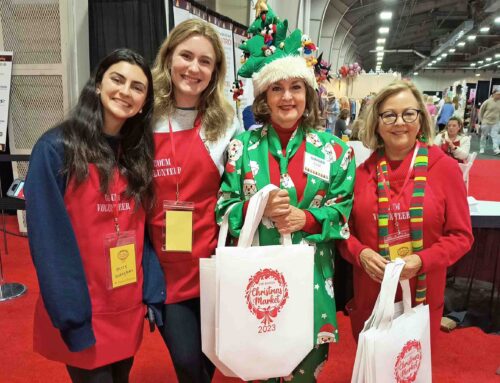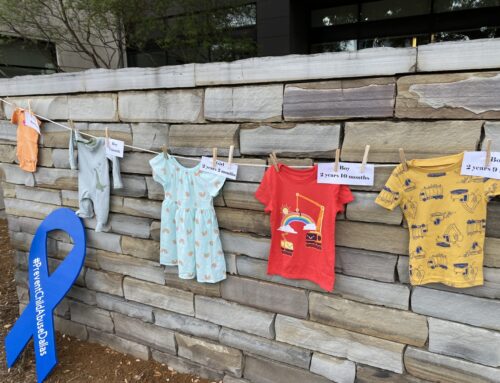“I’m sure you have the statistics,” says Ann Moy as she begins to rattle them off: Women comprise three-quarters of the elderly poor; less than half have pension plans; and although 90 percent of elderly women will manage their money in their later years, many remain uninformed about financial issues.
Moy works to change that reality. As director of the Women’s Financial Clinic – a program sponsored by Senior Citizens of Greater Dallas – she understands her audience’s needs for economic information.
“Women have been encouraged by society to turn to male providers for economic security,” she says. And she notes that this, combined with lower earnings than men and careers interrupted by often interrupted by family, leaves women particularly vulnerable to the effects of retirement, divorce, or the death of a spouse.
“Women frequently feel they aren’t secure,” she says. “They need one place to obtain unbiased information, where someone’s not trying to sell them.
With 40 volunteers – all women, all professionals in the financial or related fields – the clinic aims to be that place. Since 1994, it has offered women 55 and older the opportunity to talk individually with specialists in insurance, banking, law, accounting, and other. Approximately 300 women obtain help through the program each year.
The assistance women seeks varies. Neighborhood resident Mimi Sherwin, a financial consultant who has been involved with the clinic since its inception, has worked with women who have never balanced a checkbook or cancelled a credit card, and with others who wanted advice on investment portfolios.
“We can give outlines of things they can look at and the resources in the community,” Sherwin says. However, the clinic does not provide advice on specific investments or refer participants to specific professionals. Instead, volunteers discuss what to look for in an investment professional, what questions to ask, and what fees to expect.
The Clinic also helps women identify strengths they may not have recognized. For example, Moy points out that many older women work beyond the Social Security-determined retirement age. The clinic helps them to see such assets as good health for the resources they truly are.
The assistance provided by the program is on going. A participant may desire multiple consultations, either with experts in various fields or as she learns more about a particular area. The clinic affords her the opportunity to do both. For those who desire general information, the clinic also offers a money management seminar.
“Our goal is to empower older women to take personal responsibility [for their finances],” Moy says. “We’re conscious of not taking that power away.”
Information on the program is available through Senior Citizens of Greater Dallas, 2905 Swiss Avenue. Their telephone number is 214-823-5700.





